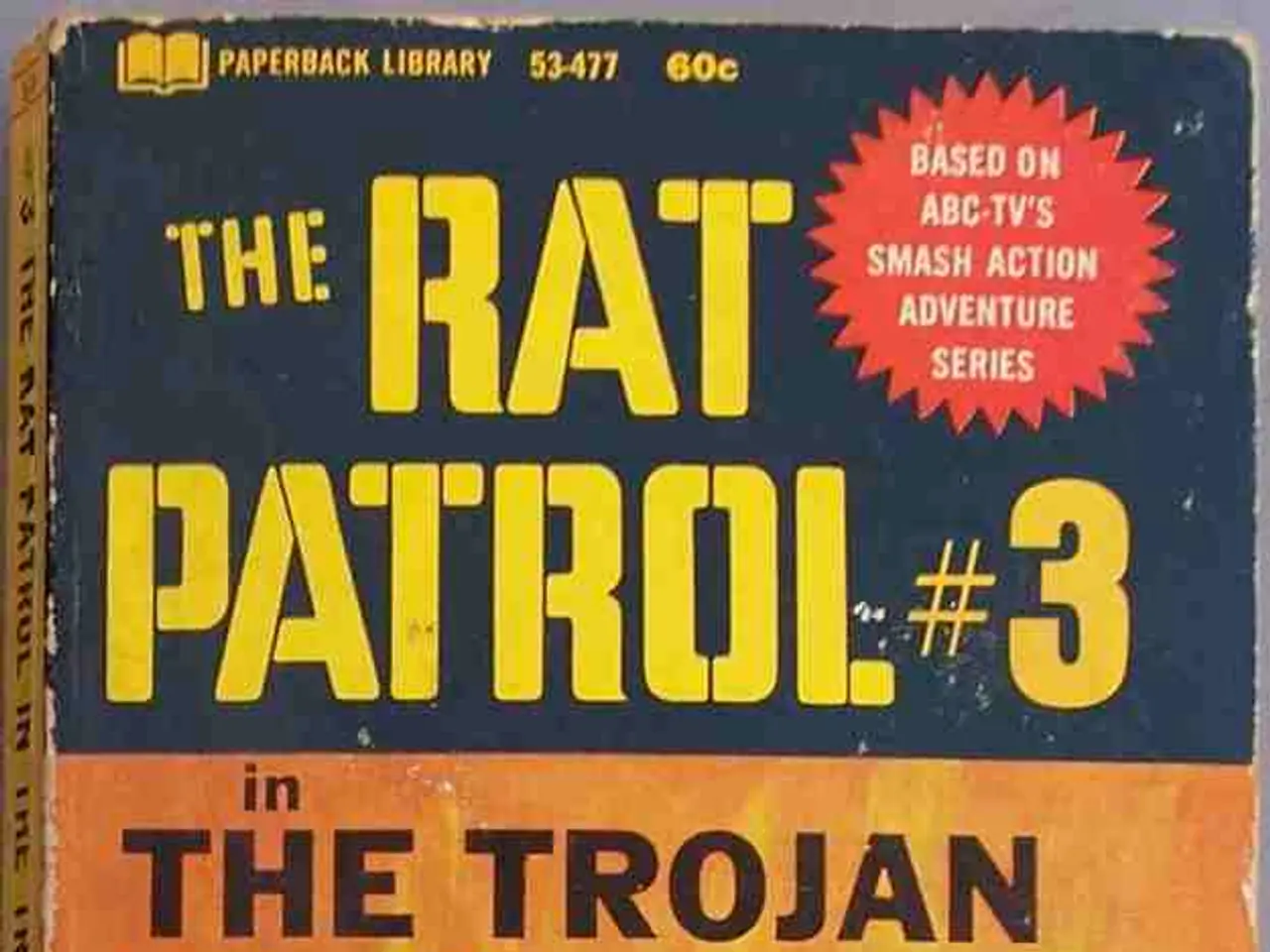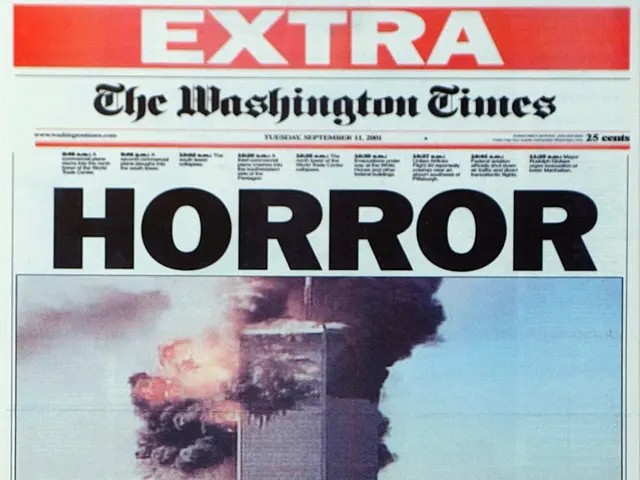European Land Conflicts, Initiation: Political Aspects of Joint Combat Operations (Part 1)
In a recent episode of the Social Science of War podcast, Season 1, Episode 7, Dr. Benedetta Berti and Lieutenant Colonel Jordan Becker delved into the strategic and political dynamics of NATO's role in the ongoing conflict in Ukraine.
The discussion highlighted the alliance's evolving role, challenges, and internal debates as it navigates Russia's demands and Ukraine's needs.
NATO has adapted strategically, expanding its support beyond traditional Euro-Atlantic boundaries. This shift is evident in the integration of new partners from the Indo-Pacific and the coordination of substantial military aid through initiatives like the NATO Security Assistance and Training for Ukraine (NSATU). This global, multidimensional approach reflects NATO's acknowledgment that contemporary security threats, including Russia's war in Ukraine, require a response that transcends regional borders.
However, this strategic adaptation has not come without political friction. Russia demands that Ukraine be permanently barred from NATO membership and seeks a legally binding pledge from NATO not to expand eastward, which would require renegotiation of the NATO treaty by all member states. These demands create significant political friction within the alliance because they strike at NATO’s foundational principles and the sovereignty of Ukraine.
NATO faces operational and strategic challenges in helping Ukraine develop more integrated, layered defense capabilities. Currently, Ukraine's military systems are fragmented and lack common intelligence or AI-driven coordination. NATO's involvement in standardizing and enhancing Ukraine's air defense and long-range targeting is crucial both to Ukraine’s defense and to NATO’s own preparedness against future Russian threats.
Individual NATO members are stepping up independently. For example, Germany has moved from reluctance to becoming a major supplier of advanced weapons, while Nordic countries are providing comprehensive military and security support. This complex internal dynamic balances national priorities and collective goals.
Russia's insistence on security frameworks that give it veto power over Ukraine’s defense and Western assistance limits NATO's freedom to act and complicates alliance solidarity. The Kremlin’s demands aim to politically control Ukraine and prevent its integration with Western security structures, directly challenging NATO’s role and strategic objectives in the conflict.
The conflict and NATO’s responses have transformed what began as a regional war into a global contest involving diverse international actors and raising questions about the future of security architecture in Europe and beyond.
The second part of the series will examine tactical and operational lessons from the war and their implications for large-scale combat operations.
The Social Science of War podcast is produced by the Department of Social Sciences at West Point. Lieutenant Colonel Becker has served as the US joint staff liaison officer to the French joint staff and held positions at NATO headquarters and the US mission to NATO. Dr. Berti's research focuses on foreign policy and security, and she has published four books.
As a scholar, Lieutenant Colonel Becker has authored multiple publications on transatlantic burden sharing and the political economy of European security. Dr. Berti has previously served as a nonresident fellow at the West Point website and is currently an Eisenhower global fellow and a TED senior fellow.
The conversation in this episode takes a broader view, focusing on the strategic and political dynamics of the NATO alliance. The podcast can be shared on Facebook, Twitter, LinkedIn, or emailed. Contact Kyle Atwell for questions about this episode or the Science of War podcast in general.
[Image credit: North Atlantic Treaty Organization]
The Department of Social Sciences at West Point offers opportunities for students, teaching, and connections with instructors based on their expertise. Dr. Benedetta Berti, the head of policy planning in the office of the secretary general at NATO for nearly six years, is a participant in this conversation. Lieutenant Colonel Jordan Becker, an assistant professor in the Department of Social Sciences at West Point, is also a participant in this conversation. Kyle Atwell created and hosts the Social Science of War podcast.
References: [1] www.nato.int/cps/en/natohq/official_texts_177172.htm [2] www.washingtonpost.com/opinions/2021/02/25/nato-ukraine-russia-putin-defence-policy/ [3] www.nato.int/cps/en/natohq/topics_106531.htm [4] www.nato.int/cps/en/natohq/topics_181493.htm
Read also:
- Discussion between Putin and Trump in Alaska could potentially overshadow Ukraine's concerns
- Massive 8.8 earthquake hits off the coast of Russia's Kamchatka Peninsula, prompting Japan to issue a tsunami alert.
- Court petitions to reverse established decision on same-sex marriage legalization
- Independence supporters in New Caledonia refuse agreement offering authority without a vote on sovereignty







